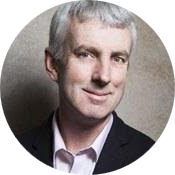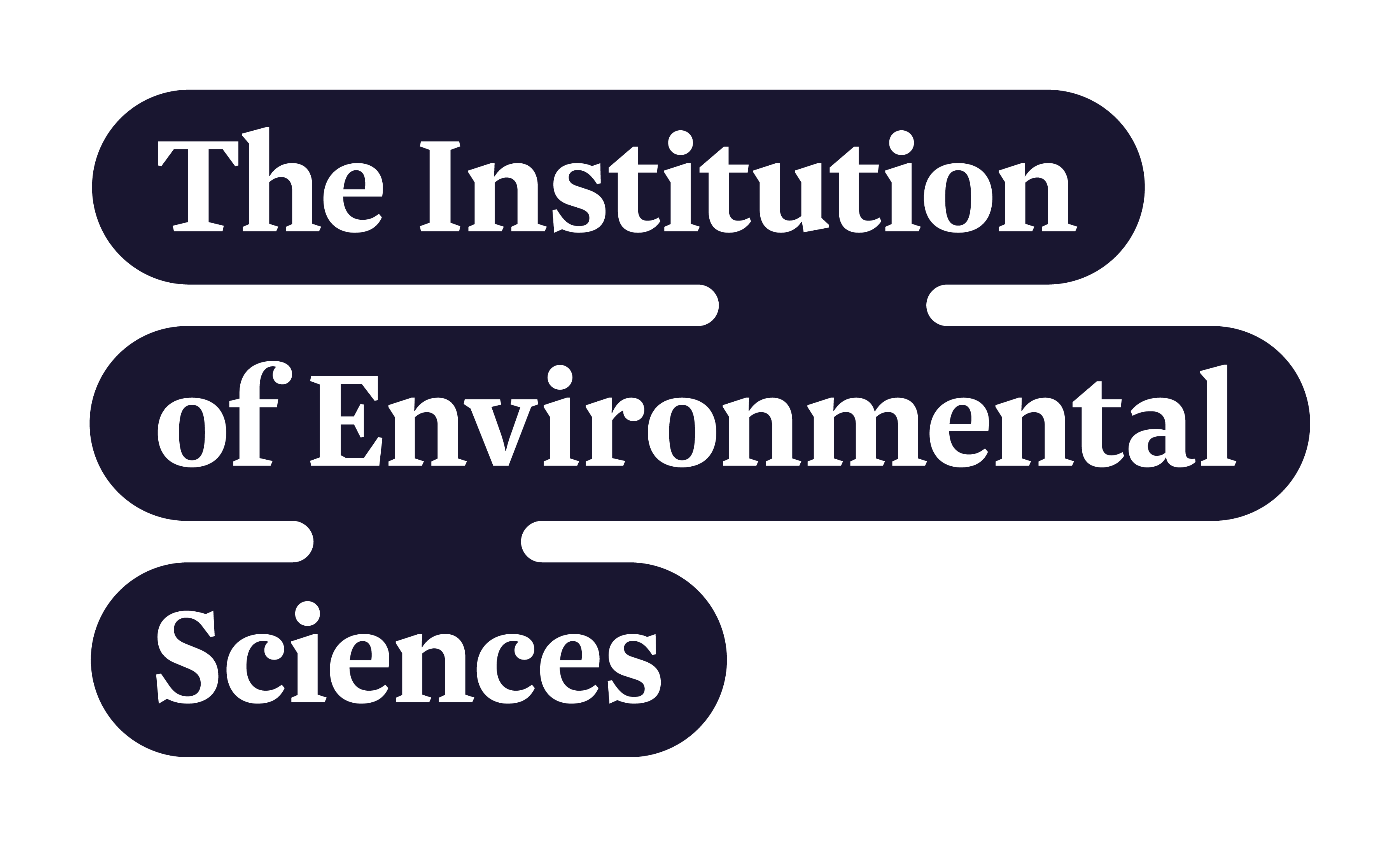Geological Society & IES webinar - Achieving Net Zero: A future without coal?
Ahead of the UN’s COP26 climate change conference, there have been calls and commitments from governments, international organisations, and think-tanks to phase out coal, starting with the power system, in order to mitigate the effects of climate change and meet net zero commitments.
However, the production of essential commodities such as iron, steel and cement for economic growth and global development currently depend on coal, both chemically and energetically. 770kg of coal is required to make 1 ton of steel, emitting around 1.8 tonnes of CO2. This equates to a total of 4 - 7% of all CO2 emissions globally. Although not yet viable at scale, alternatives to coal for steel production do exist, which poses the question – can we achieve our Net Zero future without coal?
At the moment, public understanding of the complexities of coal use outside our power system is limited, and our ability to conceive of a future without coal could be held back without discussion across sectors and between industries.
The Geological Society of London and the Institution of Environmental Sciences are coming together to deliver a nuanced and realistic discussion about the road ahead. Attendees will leave with a much clearer understanding of the challenges and opportunities as we push towards and reach net zero, as well as the roles that coal plays in certain contexts and the extent to which we should expect processes to be able to adapt in the future.
To spotlight the nuances of the scientific debate on the future of coal, this webinar will be delivered by Professor Julian Allwood, followed by an opportunity for Q&A, giving attendees their chance to interact with and challenge the subtleties of the issue.
This webinar is part of the Geological Society of London’s series of activities around COP26 and the role of geoscience in decarbonisation, and part of the IES’s STAGES on the Road to COP26 work.
Guest speaker

Julian Allwood is Professor of Engineering and the Environment at the University of Cambridge. He worked for 10 years for Alcoa, prior to developing an academic career, initially at Imperial College, and from 2000 in Cambridge. In parallel with developing new manufacturing technologies for metals, he has built up a research group looking at environmental systems and production. From 2009-13 he held an EPSRC Leadership Fellowship, to explore ‘material efficiency’ as a climate mitigation strategy – delivering material services with less new material.



